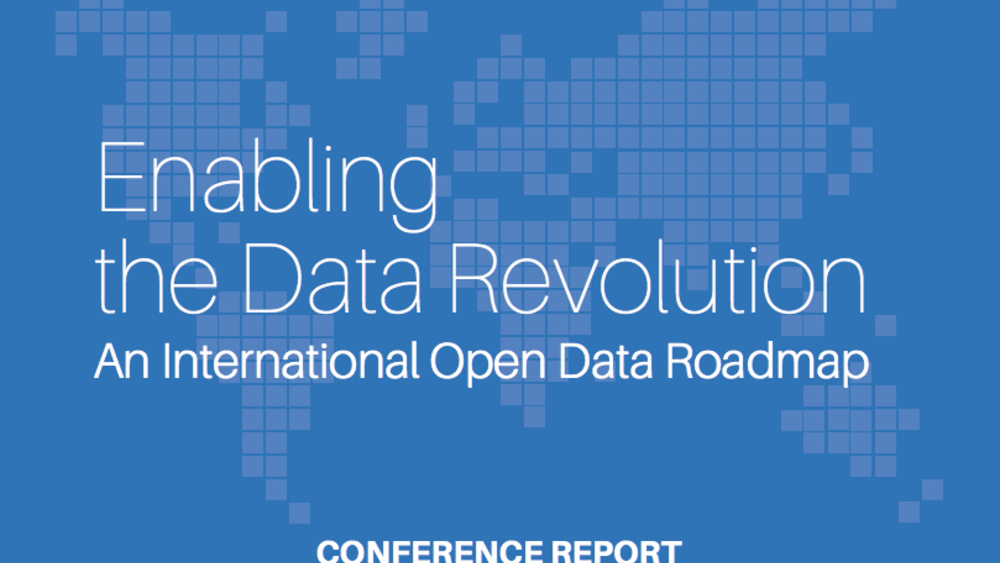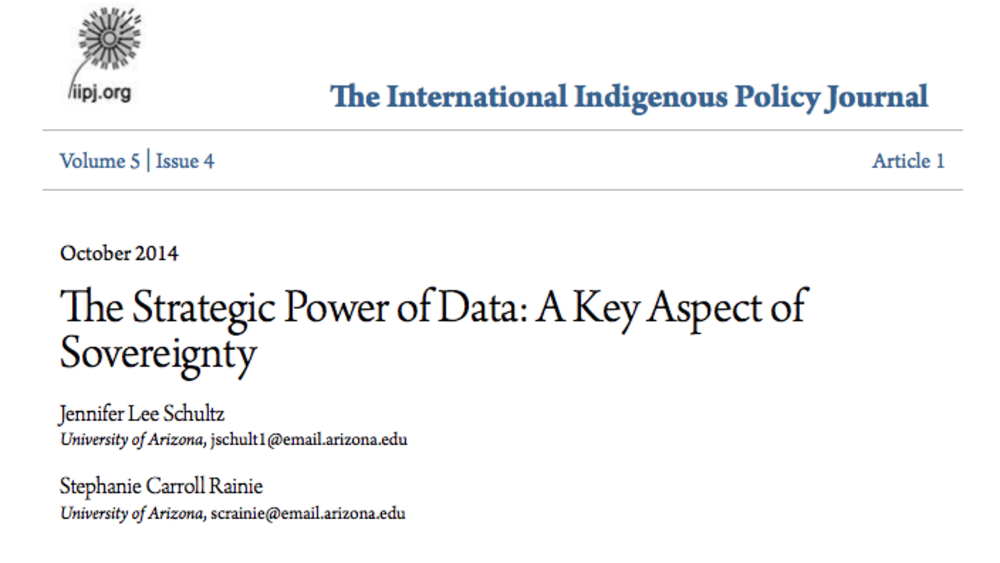The Global Indigenous Data Alliance (GIDA), the US Indigenous Data Sovereignty Network (USIDSN), and ORCID invite you to join us for a webinar about Global Indigenous Data Alliance Policy Interaction. We have asked three panelists to speak about their experiences with Indigenous Data Sovereignty; how they have approached policies and practices around Indigenous data, their challenges and successes.
Panelists
Christopher Cheney, Senior Counsel for Law Enforcement and Information Sharing , U.S. Department of Justice, Office of Tribal Justice
Kathy Etz, Director of Native American Programs, Program Director Epidemiology Program Branch, National Institute on Drug Abuse
Michael Pahn, Head of Archives and Digitization, National Museum of the American Indian, Smithsonian Institution
The overall goal is to bring communities together around shared needs to access research data; to discuss ethics of contribution and consent regarding access to Indigenous data; to explore operationalizing the CARE Principles for Indigenous Data Governance alongside the FAIR data principles for Indigenous data; and to share mechanisms and tools, such as the Traditional Knowledge (TK) and Biocultural (BC) labels and notices, that enable and support interactions between communities, individuals and institutions.
Program Committee
Randall Akee, Associate Professor, Department of Public Policy and American Indian Studies, UCLA
Jane Anderson, Associate Professor, Anthropology and Museum Studies, NYU
Stephanie Russo Carroll, Assistant Professor, Public Health & Associate Director, Native Nations Institute, University of Arizona
Maui Hudson, Associate Professor, Faculty of Maori and Indigenous Studies, University of Waikato
Laure Haak, Founder and CEO, Mighty Red Barn
Shawna Sadler, ORCID Engagement Manager, Americas & Caribbean
Helena Cousijn, Director, Community Engagement, DataCite
Katharina Ruckstuhl, Associate Dean - Māori. Manutaki Tuarua – Māori, University of Otago
Additional Information
Akee, Randall; Anderson, Jane; Russo Carroll, Stephanie; Cousijn, Helena; Haak, Laurel; Hudson, Maui; et al. (2020): Indigenous Data Sovereignty: Activating Policy and Practice. ORCID. Presentation. https://doi.org/10.23640/07243.12844439.v1



